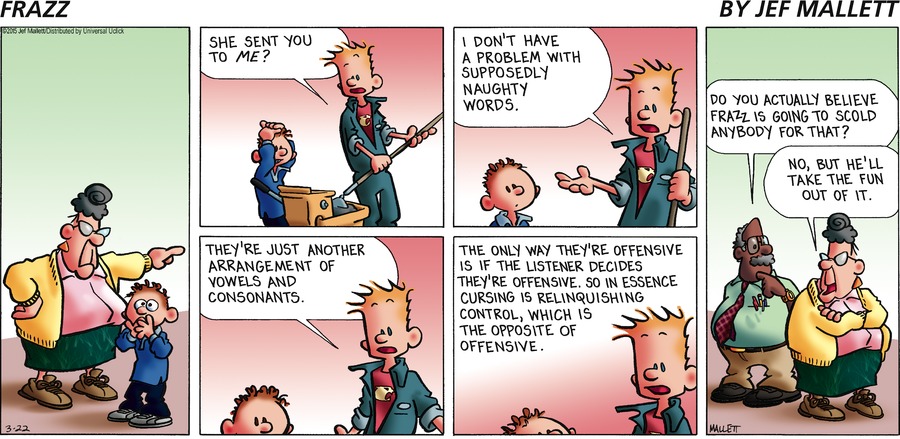Man: reduced or not?
Ben Yagoda wrote to ask about the reduced or unreduced pronunciation of man ([mən] vs. [mæn]) in noun compounds: policeman, fireman, garbage man, mailman, gunman, lineman, etc.
I don't know of any scholarly treatments of this precise subject. For an extensive discussion of the textual history and distribution of man- compounds, you can read Kirsti Peitsara "MAN-Compounds in English", Selected Proceedings of the 2005 Symposium on New Approaches in English Historical Lexis. And for some background discussion on the relations among structure, sense, and stress in such phrases, see Mark Liberman & Richard Sproat, "The Stress and Structure of Modified Noun Phrases in English", in Sag & Szabolsci eds., Lexical Matters, 1992. But I don't know of any discussion of (for example) why the -man in policeman is reduced, while the -man in mailman isn't. (Those are my judgments, anyhow, and Merriam-Webster's agrees with me…)
So I'm throwing the floor open for contributions from readers.
Read the rest of this entry »
